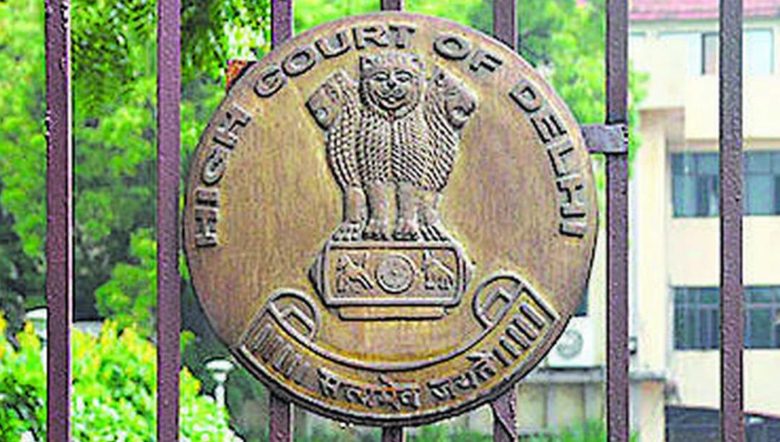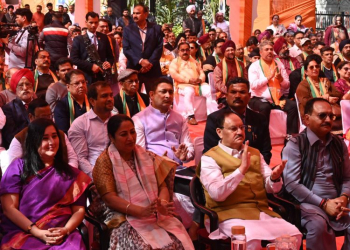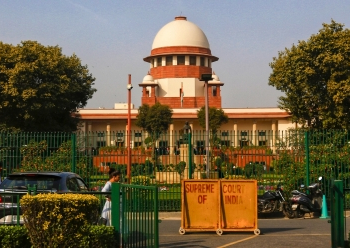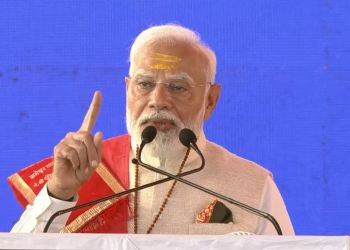New Delhi: The Delhi High Court on Tuesday sought the Centre’s response on a plea seeking a Uniform Banking Code for Foreign Exchange Transaction in order to control black money generation and Benami transactions.
A division bench presided over by Acting Chief Justice Vipin Sanghi and Justice Navin Chawla issued notices to the Ministry of Home Affairs (MHA), Ministry of Law & Justice, and Ministry of Finance after hearing the Public Interest Litigation (PIL) filed by BJP leader and lawyer Ashwini Upadhyay.
The petitioner also sought directions to ensure that Real Time Gross Settlement (RTGS), National Electronic Funds Transfer (NEFT), and Instant Money Payment System (IMPS) shall not be used for depositing foreign money in Indian Banks, claiming it will provide finance to terrorists and other anti-national organisations.
During the course of the hearing, Additional Solicitor General Chetan Sharma appeared on behalf of the Centre saying the issue needs serious consideration.
After the submissions, the court asked the respondents to file a reply in the matter within four weeks and posted it for further hearing on May 25.
The plea submitted that Immigration Rules for VISA are the same whether a foreigner comes in Business Class or Economy Class, uses Air India or British Airways, and comes from the US or Uganda.
Likewise, deposit details in Indian banks, including foreign bank branches for Foreign Exchange Transaction must be in the same format whether it is export payment in a current account or salary in a savings account or donation in a charity’s current account, or service charges payable in YouTuber’s accounts. Format should be uniform whether it is converted by Western Union or National Bank or India based foreign bank.
The Centre must take steps to ensure that foreign exchange transaction is not done without giving the full name, PAN, mADHAAR, Mobile and AADHAAR details of the depositor and drawer. This is required to track the black money route. Similarly, the Centre must make it compulsory to have Electronic Fund Transfer at the Point of Sale (EFTPOS) or Mobile Phone Payment System (MPPS) for retailers, wholesalers, manufacturers, and services providers in order to control black money generation. But it has not taken appropriate steps to date, the petitioner said, stressing the purpose of the PIL.
(IANS)




















